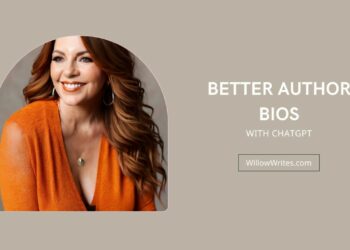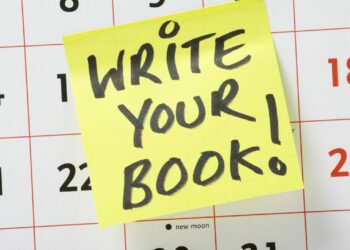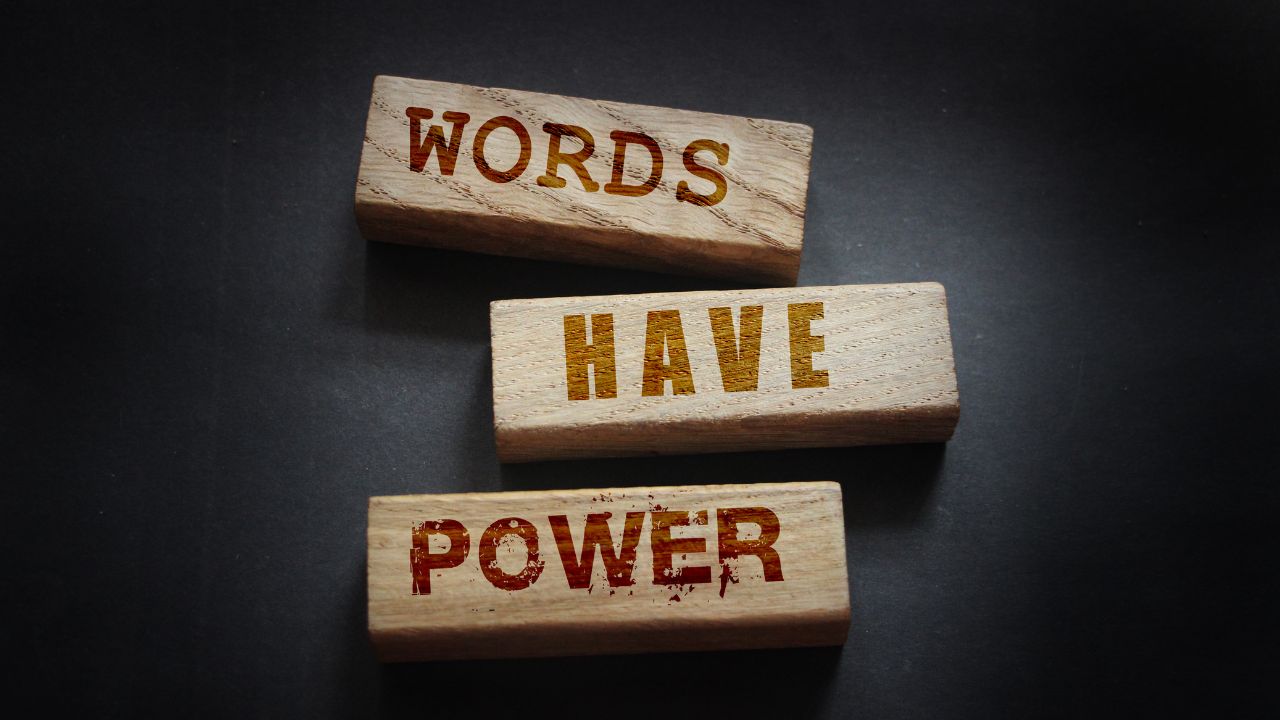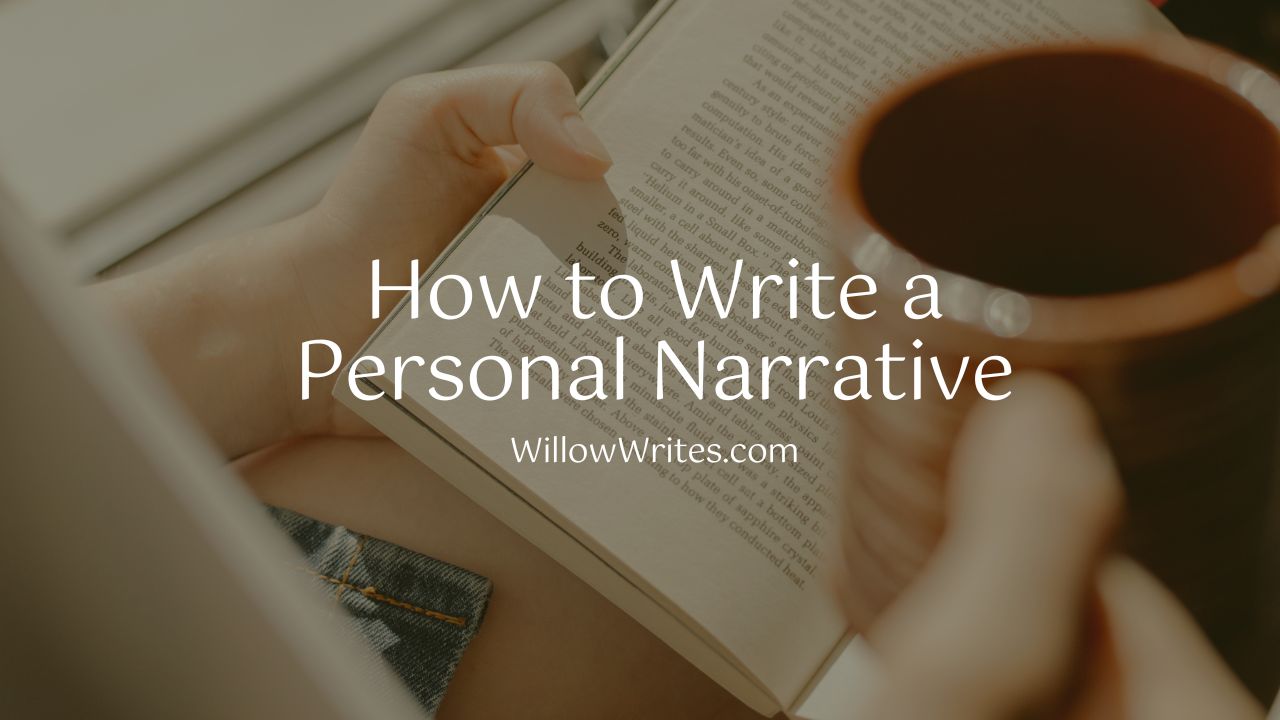Want to become a better writer? You don’t have to do it alone. ChatGPT is here to help you take your writing skills to the next level. It’s an interactive tool that can give you personalized advice on improving your writing, generating ideas, and more. Read on to learn how ChatGPT can be your top tool for becoming a better writer.
ChatGPT is an AI-based chatbot that uses natural language processing (NLP) to answer questions about writing. You can ask it questions such as “What are the best tips for improving my writing?”, “How can I make my writing more engaging?”, or “What techniques should I use when writing dialogue?” and it will provide you with helpful responses in natural language.
It also offers guidance on other aspects of the writing process, such as generating ideas for stories or blog posts, suggesting topics for research papers, and providing feedback on drafts. This makes it easy to get personalized help with your writing projects quickly and easily—all without having to pay expensive gurus!
For example, you could ask it questions such as “What are the best tips for improving my writing?”, “How can I make my writing more engaging?”, or “What techniques should I use when writing dialogue?”. ChatGPT can also be used to generate ideas for stories or blog posts, suggest topics for research papers, and provide feedback on drafts.
Let ChatGPT help you become a better writer!
Here are 100 ChatGPT prompts to get you started:
You may need to feed ChatGPT an article or sample story. Click here to learn how to sign up and use ChatGPT for free.
- What is the best way to write a story?
- How can I make my writing more engaging?
- What techniques can I use to make my writing stand out?
- How do I come up with creative ideas for my writing?
- What tips can I use to improve my writing style?
- How do I make sure my writing is clear and concise?
- What strategies can I use to ensure my writing is interesting and captivating?
- How do I develop characters in my stories?
- How do I create believable dialogue in my stories?
- What techniques can I use to create suspense in my stories?
- How do I structure a story, so it flows naturally from beginning to end?
- How do I craft an effective plot for a story?
- What elements should be included in a good story?
- How do I create vivid descriptions that bring scenes to life in readers’ minds?
- How do I effectively convey emotion through words on the page?
- What tips can help me write better endings for stories or novels?
- How can I ensure that the themes of my stories are conveyed effectively throughout the narrative arc?
- What advice would you give someone who wants to become a professional writer?
- How does one go about getting published?
- What are some common mistakes writers make when starting out ?
- How do I keep readers engaged throughout my stories?
- What techniques can I use to create a believable world in my stories?
- What elements should I include in the backstories of my characters?
- How do I make sure the dialogue between characters sounds natural and authentic?
- What are some tips for crafting vivid descriptions of scenes or locations?
- How can I ensure that readers remain engaged as they read through my story?
- How do I ensure that the themes I want to explore in my writing are adequately addressed?
- What advice would you give someone looking to break into the world of professional writing?
- What tips can help me write better beginnings for stories or novels?
- How can one make sure their stories don’t fall flat midway through?
- How does one go about self-publishing a book?
- What makes a good writer great?
- How does one improve on their craft over time?
- How does one stay motivated when writing?
- What strategies should be used to develop interesting characters and plotlines?
- How do I create an interesting and unique setting for my stories?
- How can I make sure the climax of my story has maximum impact?
- What techniques can I use to ensure that my characters have believable motivations?
- How do I make sure the dialogue between characters sounds natural and authentic?
- How does one go about getting feedback on their writing from other people?
- What advice would you give to someone starting out in writing?
- How can one overcome writer’s block?
- What tips should be used when crafting descriptions of scenes or locations?
- How does one improve their ability to write engaging dialogue?
- What strategies should be used to improve the pacing of a story ? 46 .How do I make sure readers develop an emotional attachment to the characters in my story?
- How can I ensure that my writing is consistent throughout a novel or story?
- What elements should be included in an effective backstory for a character?
- How should your writing style change depending on your audience and genre?
- What techniques can you use to come up with creative ideas for your stories?
- How can I make sure my stories have believable villains?
- What tips can help me create satisfying endings to my stories?
- How do I anchor the reader in the world of my story without getting bogged down by details?
- How can I ensure that my writing has maximum impact when describing events or scenes?
- What advice would you give to a writer looking to break into a new genre?
- What elements should be included in an effective plot outline?
- How can I ensure readers don’t lose interest midway through my story?
- How do I use narrative devices effectively to move the plot forward?
- What techniques can one use to build suspense throughout their story?
- How does one go about revising and editing their work for maximum impact?
- How can I make sure the world of my story feels believable and immersive?
- What tips can help me create a compelling protagonist that readers will empathize with?
- How does one ensure that their writing is clear and easy to understand?
- How should the use of language be adjusted depending on the genre of a story?
- What techniques can one use to come up with interesting plot twists?
- What advice would you give to someone struggling to write an effective climax?
- How do I make sure my characters have properly developed arcs throughout a story?
- What strategies should be used when creating a believable antagonist?
- How do I effectively manage multiple characters in my stories?
- What advice would you give to someone trying to develop new writing habits?
- How can I make sure that my dialogue is realistic and engages the reader?
- What tips can help me create interesting settings for my stories?
- How should one go about building tension and suspense in their writing?
- What elements should be included when developing a story arc?
- How does one develop original ideas for stories or topics to write about?
- What advice would you give to someone struggling with writer’s block?
- What techniques can help a writer maintain consistency across their characters?
- How do I effectively use foreshadowing to add depth to my story?
- What strategies can help avoid common mistakes when constructing dialogue?
- How can I keep readers interested and engaged without relying on cliches?
- What tips can help me create vivid descriptions and captivate readers?
- How does one make sure the visuals of their story are striking and memorable?
- What elements should be included when crafting successful flashbacks?
- How do I maintain narrative momentum so readers stay engaged until the end?
- How do I develop unique voices for each character in my stories?
- What advice would you give to someone looking to break into writing professionally?
- What techniques can be used for storytelling that keeps audiences entertained long-term?
- How do I avoid overusing certain words or phrases in my writing?
- What strategies should be used when creating nuance, complexity, and depth antagonists?
- How can I avoid common mistakes when creating a dialogue between characters?
- What tips can help me create interesting settings for my stories?
- How should one go about constructing a believable and engaging conflict?
- How do I ensure that I’m creating believable character motivations and development?
- What elements should be included when developing a story arc?
- How do I create compelling plot twists to keep the reader guessing?
- What advice would you give to someone who lacks the motivation to write?
- What techniques can help add suspense and tension to a story?
- How do I effectively use foreshadowing to add depth to my story?
- What strategies can help avoid cliches and build unique characters?
- How can I ensure my dialogue is realistic and engages the reader?
- What can I do to make sure my story has strong pacing?
- How should I introduce new characters and locations without overwhelming the reader?
- What elements should be included when developing a plot with multiple protagonists?
- How do I ensure that my world-building is organic and convincing?
- What advice would you give to someone who’s having trouble keeping track of all of their characters?
- What techniques can create powerful endings that leave readers wanting more
- How do I write descriptions that engage the reader without overloading them with details?
- What strategies can help avoid common plot holes and unresolved plot threads?
- How can I make sure that my story doesn’t become predictable or formulaic?











